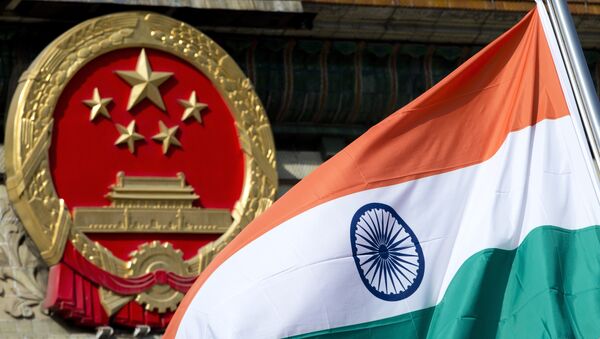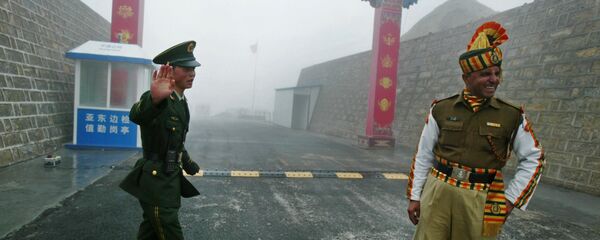Last week, Hu Zhiyong, a research fellow at the Institute of International Relations of the Shanghai Academy of Social Sciences, told the Global Times: "If India refuses to withdraw, China may conduct a small-scale military operation within two weeks."
On Aug. 5, Indian Prime Minister Narendra Modi expressed hope that the two countries will find a solution through dialogue but did not make clear what he was referring to.
Two days before Modi’s statement, Indian External Affairs Minister Sushma Swaraj was quoted by The Tribune as saying diplomatic channels are the only way to resolve the standoff with China and China has been contributing to India’s growing economic might.
India’s speculation of China’s possible military operation in Doklam and Indian government’s statements over the standoff all indicate the country’s guilty conscience, Hu pointed out.
Meghnad Desai, an India-born UK economist and commentator on South Asian affairs, predicted that the standoff could soon spiral into an all-out war involving the U.S., which he said, would support India. He also said India cannot stand up to China without American help and support. Likewise, America cannot stand up to China without Indian help.
Being too nervous about a scholar’s comments about a possible military operation and counting on the speculated "aid" from the U.S. reflect India’s lack of self-confidence, said Long Xingchun, director of the Center of India Studies at China West Normal University, in an interview with the Global Times.
Over the last two weeks, the Indian side has been trying to play down the incident with the aim of finding a buffer zone and a way to save face, because India has been unable to find any suitable argument to defend its stance, Long noted.
Meanwhile, as the standoff continues, the Indian government is under pressure from both home and abroad. Though India suggests dialogue is the only way to resolve conflict, China has made it very clear that the premise for dialogue is the Indian troop’s withdrawal from the Chinese territory unconditionally, Hu pointed out.
This article was originally published in the Global Times.




